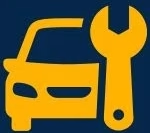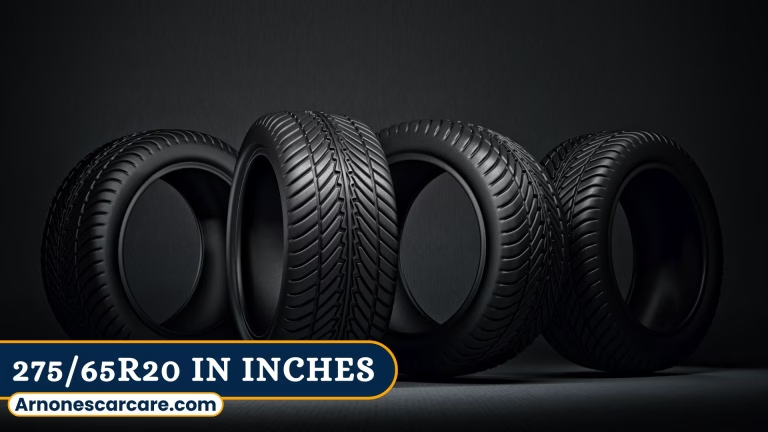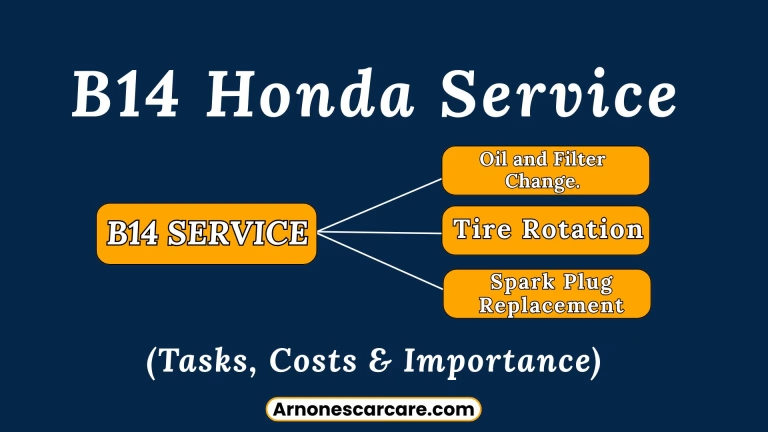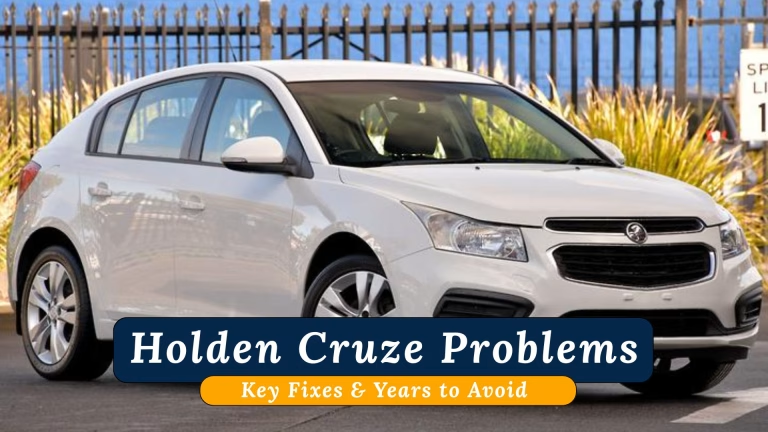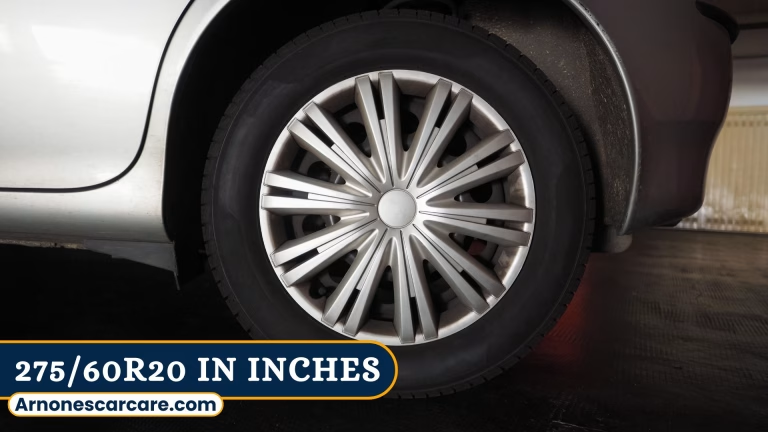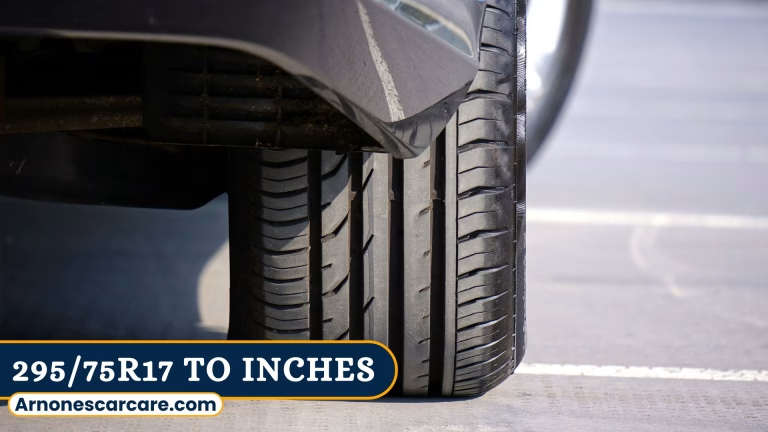
Engine stalling isn’t just frustrating—it can also be dangerous. When the engine suddenly shuts off, you instantly lose power steering and braking assistance, making it harder to control your vehicle.
Stalling usually happens because of issues with fuel delivery, airflow, ignition, or mechanical components. In this guide, we’ll break down the most common reasons engines stall, how to diagnose the problem, and what you can do to prevent it.
What is Engine Stalling?
Before we jump in, let’s clarify what stalling means. When your engine stalls, it stops running unexpectedly. It could happen when you’re starting from idle or even while driving. When the engine stalls, you lose power steering and brakes almost immediately, which can make it dangerous to handle your car.
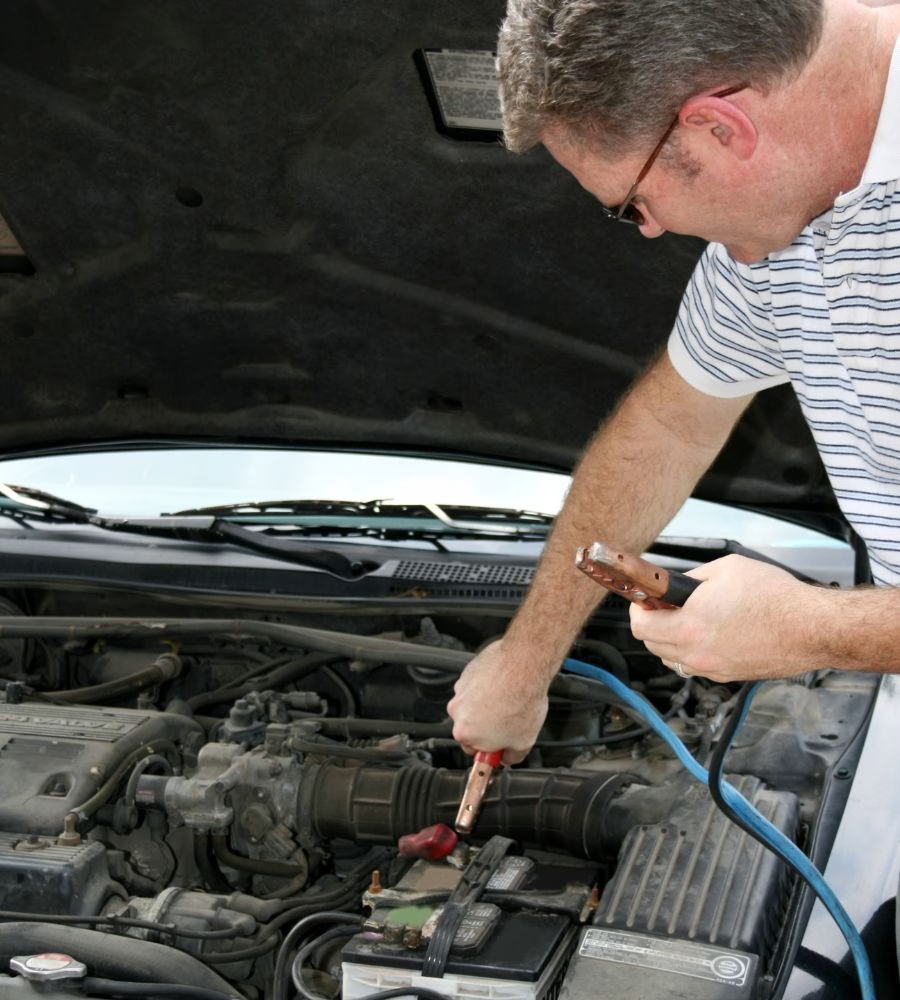
Stalling often boils down to problems with air, fuel, or electrical systems. Modern vehicles rely on precise mixtures of air and fuel to keep running, along with properly timed sparks from the ignition system. A hiccup in any of these areas can cause your engine to quit unexpectedly.
Through personal experience, diagnostics, and countless hours spent talking to customers, I’ve narrowed the problem down to several main causes.
5 Common Causes of Engine Stalling
Few things are more frustrating than a car that suddenly stalls—especially in traffic. Understanding the root cause can save you time, stress, and money. Here are five common reasons why your engine might be stalling and what they could mean.
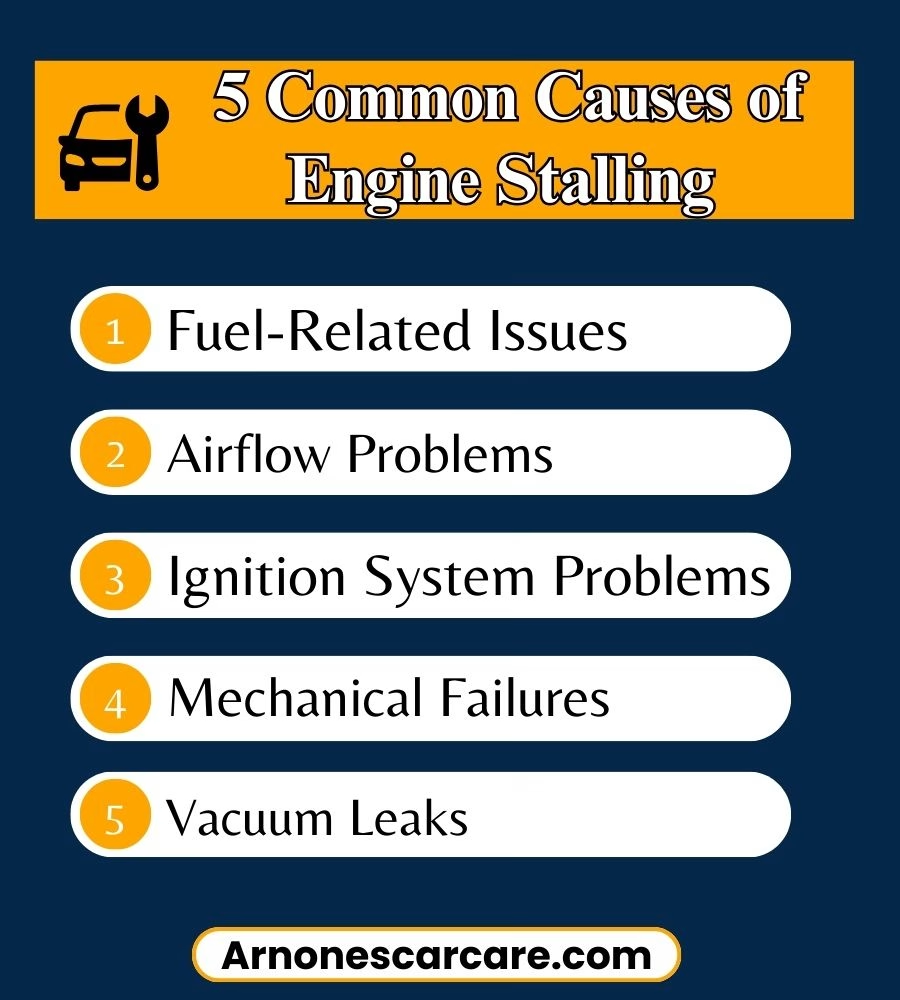
1. Fuel-Related Issues
If your engine isn’t getting the correct amount of fuel, it’s bound to stall. Here’s why this happens and the symptoms to watch for:
Empty Gas Tank
This one’s simple but surprisingly common. Some customers bring in their cars thinking there’s a serious problem, only for us to discover an empty or nearly-empty gas tank. When the tank runs dry, the engine can’t combust fuel and stalls out.
What You Can Do?
Always check your fuel gauge before assuming the worst. If your car stalled while on an incline, it’s a good idea to rule out low fuel levels first.
Clogged Fuel Filters or Injectors
Over time, dirt or debris can block your fuel filter, making it harder for fuel to reach the engine. Similarly, clogged injectors can prevent enough fuel from entering the combustion chamber. One customer came in last month with constant stalling during highway acceleration. The culprit? Clogged fuel injectors suffocating the engine.
Symptoms
- Hesitation during acceleration
- Frequent stalling when the engine demands more fuel
Faulty Fuel Pump
Your fuel pump sends gas from the tank to the engine. When it cannot provide sufficient pressure, the engine stalls.
Signs to Watch
- Vehicle loses power on long stretches of road
- Whining noise from the fuel tank area
Oil-Related Problems
Issues like low or dirty oil can also lead to stalling. Engine oil plays a critical role in keeping components lubricated and preventing overheating. Neglecting oil changes can cause sludge buildup, which affects performance and can even result in stalling. Regular maintenance can help avoid these engine oil problems.
2. Airflow Problems
Engines need air to function, and restricted airflow can cause a host of problems.
Dirty Air Filters
At our shop, I often show customers their clogged air filters because it’s something people rarely check. A clogged filter prevents oxygen from mixing properly with fuel in the engine. One particular vehicle came in last year, stalling only on uphill drives. The clogged air filter was literally starving the engine of air under stress.
Signs of Trouble
- Sluggish performance
- Car stalls when accelerating under load
Mass Airflow Sensor Issues (MAF)
The MAF sensor provides data about the air intake to your car’s computer. If it’s dirty or malfunctioning, your engine might not get the correct air-to-fuel ratio, causing rough idling or stalling.
Personal Tip
We had a high-mileage sedan roll into our shop with erratic idle speed. After cleaning the MAF sensor, the stalling problem disappeared entirely.
3. Ignition System Problems
Your engine relies on a properly timed spark to ignite the fuel-air mixture. Ignition-related issues are frustrating but fixable.
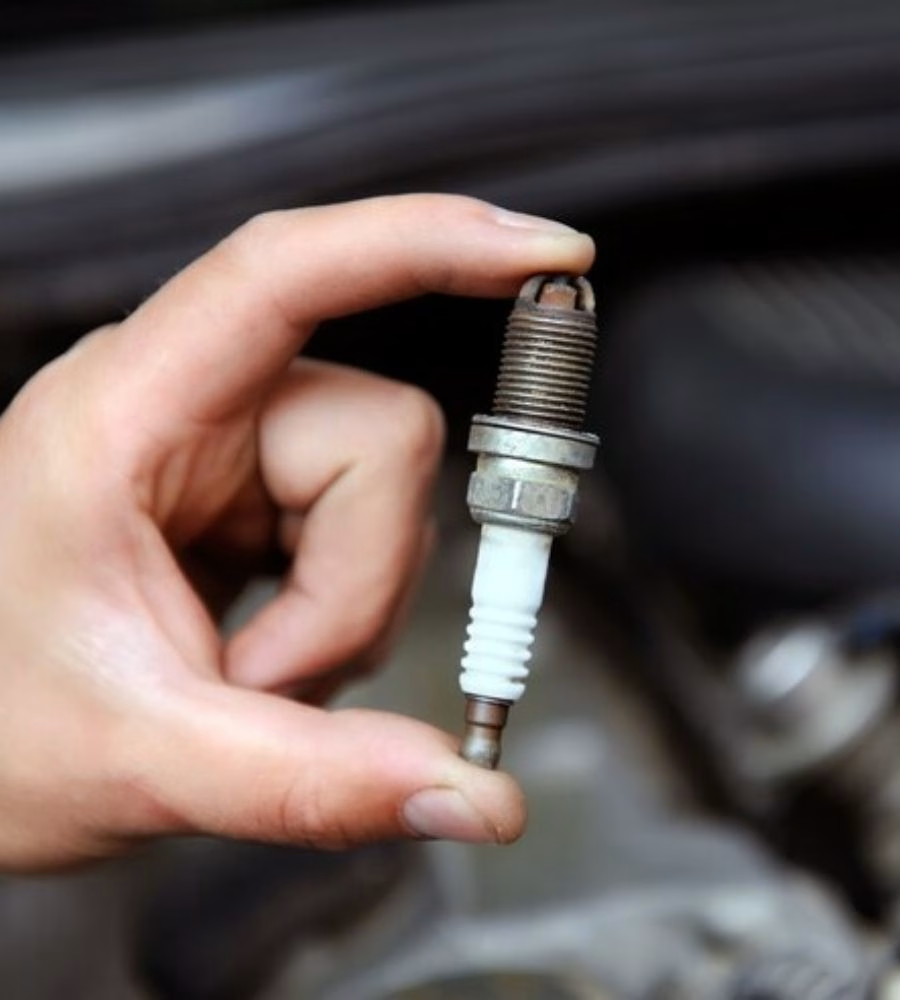
Bad Spark Plugs or Ignition Coils
Dead or worn spark plugs are one of the most common issues I find in stalling engines. Misfires caused by failing plugs disrupt combustion, especially at low RPMs during idling.
Real Example
A customer with a 2010 SUV visited us when their engine stalled at every traffic light. Replacing the ignition coils and spark plugs solved the issue on the spot.
4. Mechanical Failures
Timing Belt or Chain Problems
This is a more serious cause of stalling. If your timing belt skips or breaks, it throws off your engine’s synchronization, leading to a stall or worse. Timing belts are critical for keeping the engine’s camshaft and crankshaft in sync. Neglecting their maintenance can lead to severe damage, especially in interference engines. At Arnone’s Car Care, we’ve seen firsthand how ignoring the role of the timing belt can result in costly repairs.
Common Example
I remember working on a customer’s car with over 120,000 miles. They’d never replaced their timing belt! The belt slipped, causing misfires and stalling. Replacing it restored the engine’s performance and saved them from catastrophic engine damage.
Torque Converter Issues
For vehicles with automatic transmissions, the torque converter manages fluid pressure to keep the car idling when you’re at a stop. A malfunctioning converter can cause your car to stall, especially when stopped at red lights.
Why It Happens?
Dirty or overheated transmission fluid is the usual suspect here. Changing the fluid regularly helps prevent stalling.
5. Vacuum Leaks
Your engine relies on a sealed vacuum system for proper airflow. A crack, loose hose, or faulty gasket can cause the mixture to lean out (too much air, not enough fuel).
Symptoms to Notice
- Rough idling
- Hissing noise from under the hood
Each time a car comes into my shop with these symptoms, I prioritize checking for vacuum leaks. Fixing a leak often solves stalling issues completely.
How to Diagnose Engine Stalling?
Whenever a car stalls, I tell my customers to think about these questions:
- Did it stall while driving or idling?
- Did it happen on a hill or flat ground?
- Was the engine hot or cold?
These details are like puzzle pieces. For example, if the stall happens during idle but not while driving, the issue is often with the idle air control valve or vacuum leaks.
Diagnostic Tools I Use
We rely on tools like OBD-II scanners to read error codes from your engine’s computer. These codes help us quickly zero in on faulty sensors or mechanical systems. For example, an error code for the crankshaft position sensor often explains unexpected stalls at stoplights.
3 Preventing Engine Stalling Tips
Preventing stalling isn’t hard if you stay ahead of maintenance. Here are my top tips for keeping your engine running smoothly:
1. Stick to Regular Maintenance
Replace spark plugs every 30,000–50,000 miles, change air filters annually, and flush your transmission fluid every 60,000 miles. It’s better to invest in small preventive fixes than deal with costly breakdowns.
2. Use Quality Fuel
Always fill up with fuel from a reputable station. Low-quality gas can leave deposits in your injectors, causing them to clog over time.
3. Monitor Warning Lights
Never ignore a check engine light! It’s your car’s way of telling you something is wrong.
Final Words
I’ve helped drivers with all kinds of vehicles. From fixing clogged fuel injectors to replacing worn-out timing belts, I’ve seen firsthand how proper maintenance can save people from sudden breakdowns. The most rewarding part? Explaining the problem to my customers in simple terms and seeing their relief when the issue is resolved.
Just last week, a customer came in (frustrated) because their car kept stalling in traffic. After an hour of diagnostics, we found a cracked vacuum hose. A quick repair later, they drove off smiling.
Bring Your Car to a Kansas City Expert
Engine stalling can be complicated, but you don’t have to face it alone. At Arnone’s Car Care, we’re committed to keeping your car in top shape. Whether it’s a small fix or a major repair, my team and I have the knowledge to get you back on the road safely.
Don’t wait for your car to leave you stranded! Call us at (816) 471-8560 or visit us at 1326 E 8th St in Kansas City. Schedule your appointment today and experience car care services you can trust!
